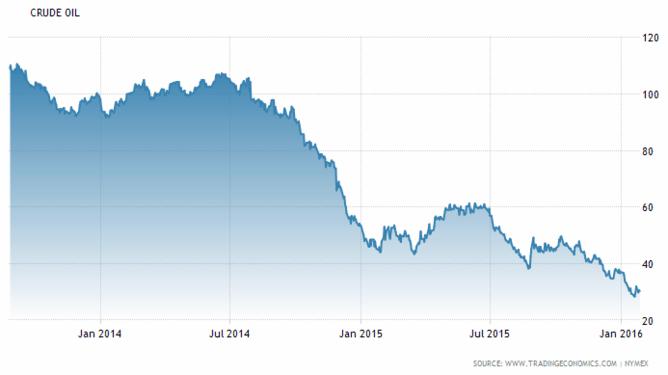Oil prices have tumbled to new lows in 2016. Slowing demand and a glut of supply has made the oil market incredibly bearish. But while prices have halved over the past year, the number of mergers and acquisitions has most definitely not. And a surge in deal making can be expected over the coming year.
Already there is a $60 billion deal between energy giants Royal Dutch Shell and BG Group, with a proposed merger of the second and third largest global oil services firms, Halliburton and Baker Hughes, also on the cards. Meanwhile, numerous smaller deals are taking place: two Canadian companies, Suncor Energy and Canadian Oil Sands, recently merged to form the biggest player in one of Alberta’s main oil sands operations.
Unlike other industries—where mergers and acquisitions (M&A) activity tends to follow the economic activity of the broader market—the oil industry is doing the opposite in reaction to falling prices.

